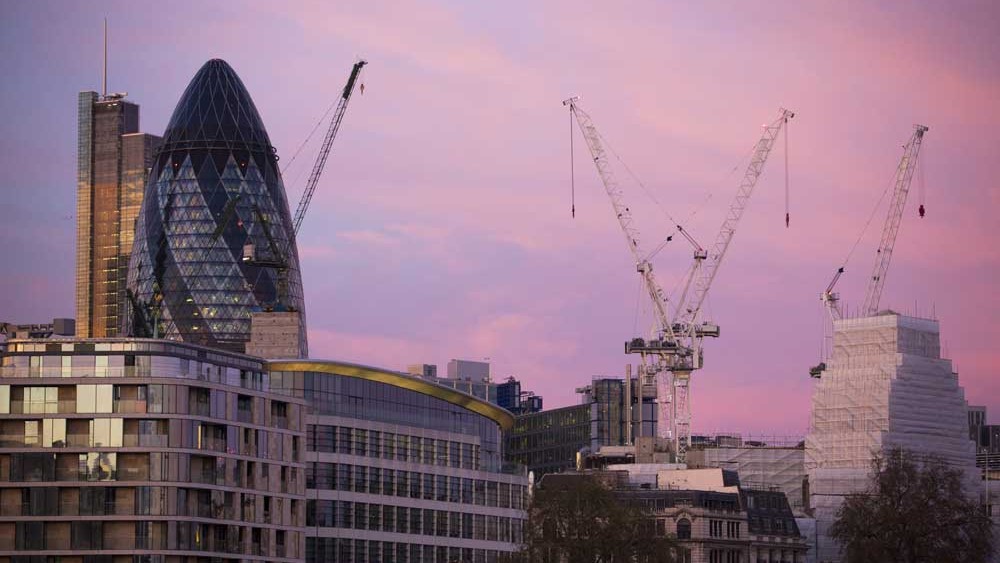House prices in the latest three months (February 2014-April 2014) were 2.3% higher than in the preceding three months (November 2013-January 2014) according to Halifax.
House price change on this measure has now been steady in the range 1.8% – 2.3% for the past eleven months.
Prices in the three months to April were 8.5% higher than in the same three months a year earlier. This was marginally lower than in March (8.7%).
House prices fell marginally by -0.2% in April. This was the second successive monthly price fall and the third in the past six months. Monthly movements, however, can be volatile and the quarter on quarter change is a more reliable indicator of the underlying trend.
Both home sales and mortgage approvals have reduced in volumes. Home sales decreased by 5% for the first time in ten months in March to 106,070; but still remain 29% higher than in March 2013. (Source: HMRC, seasonally-adjusted figures.) In March mortgage approvals for house purchases – a leading indicator of completed house sales – fell for the second month in succession to 67,135. Approvals are 12% below their recent peak in January and at the same level as seen in September last year. (Source: Bank of England, seasonally-adjusted figures.)
The difference between housing demand and supply of properties coming on to the market continues to grow. New buyer enquiries have remained steady so far in the first three months of 2014, but still significantly lower than in the second half of last year. However, the number of homeowners providing instructions to put their property on the market for sale declined for the third consecutive month. (Source: RICS)
Commenting, Stephen Noakes, Mortgages Director, said:
“House prices in the three months to April were 2.3% higher than in the three months to January. Annually prices were 8.5% higher in the three months to April than in the same three months last year. However, prices fell marginally during the month representing a second successive monthly decline.
“Although mortgage approvals have now declined for two consecutive months and property transactions fell in March, on an annual basis housing demand still remains strong. Housing demand continues to be supported by an economic recovery that is gathering pace, rising consumer confidence, low interest rates and wage growth finally beginning to outgrow consumer prices. However, with supply of properties being slow to respond to market conditions, stronger demand in the past year has resulted in upward pressure on house prices.”
Rob Thomas spokesperson for haart, the UK’s leading independent estate agent, dispels chatter of a bubble:
“Only London-centric commentators believe there may be a housing bubble expanding in the UK.
“The latest intervention from Bank of England’s deputy governor Sir Jon Cunliffe warns that ‘the growing momentum in the market is now…the brightest light on [the] dashboard’ for policymakers watching for signs of an overheating economy.
“It’s not difficult to see why someone sitting in Mayfair, Westminster or Threadneedle Street might be starting to worry. Fuelled by the global super rich, Prime Central London property prices started recovering in 2009 and now stand some one third higher than at their previous peak.
“But what’s the true story away from this Monte Carlo-on-Thames of prime Central London? According to our own national data, which most recently showed average UK property prices at £195,511, prices are still not recovered to their peak 2007 levels. This is supported by the Halifax house price index quarterly and monthly releases, which show that property prices remain lower in the first quarter of this year than at their peak more than seven years earlier in every region of the country – yes, every region including Greater London. The national average property price released by Halifax today is still well below 2007 levels.
“While London’s strong recovery has brought prices to within a whisker of the previous peak, the idea of a bubble must seem like a bizarre joke to anyone who bought a house in 2007 in much of the rest of the country. House prices are 18% off their peak in the North and a massive 53% lower in Northern Ireland.
“Perhaps it’s inevitable that, after the embarrassment of failing to see the financial crisis coming, the regulators would feel the need to have their finger on the trigger, itching to apply the weed killer at the first green shoots of recovery. But they do need to remember that spring always comes early to London.”


Comments are closed.